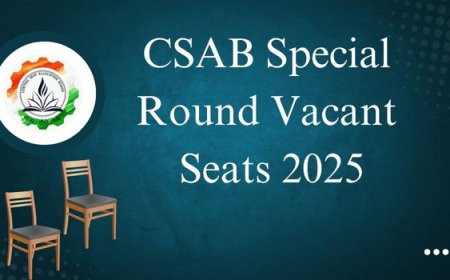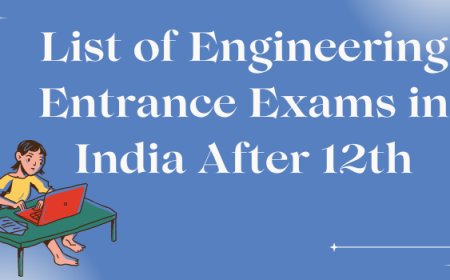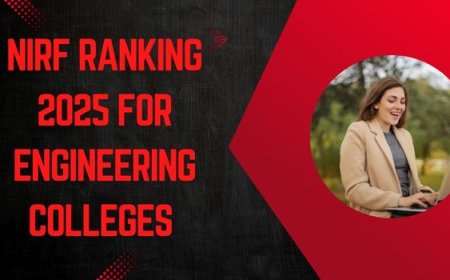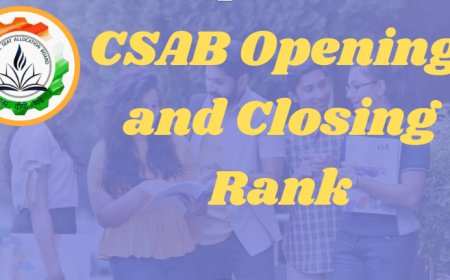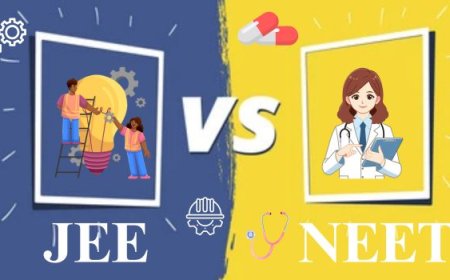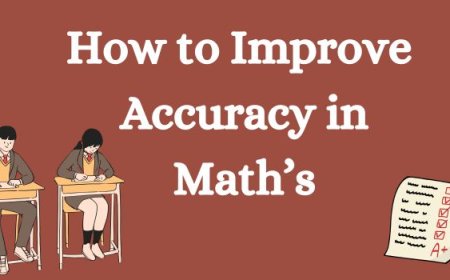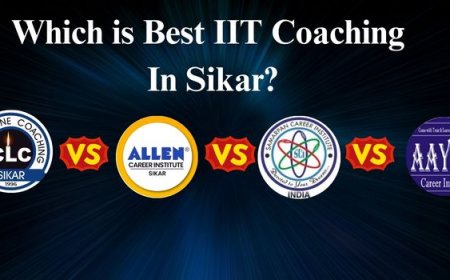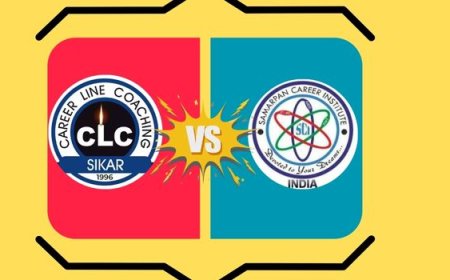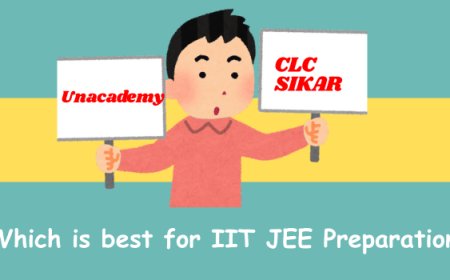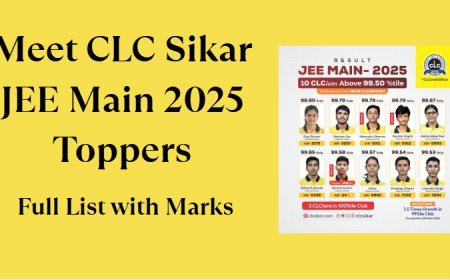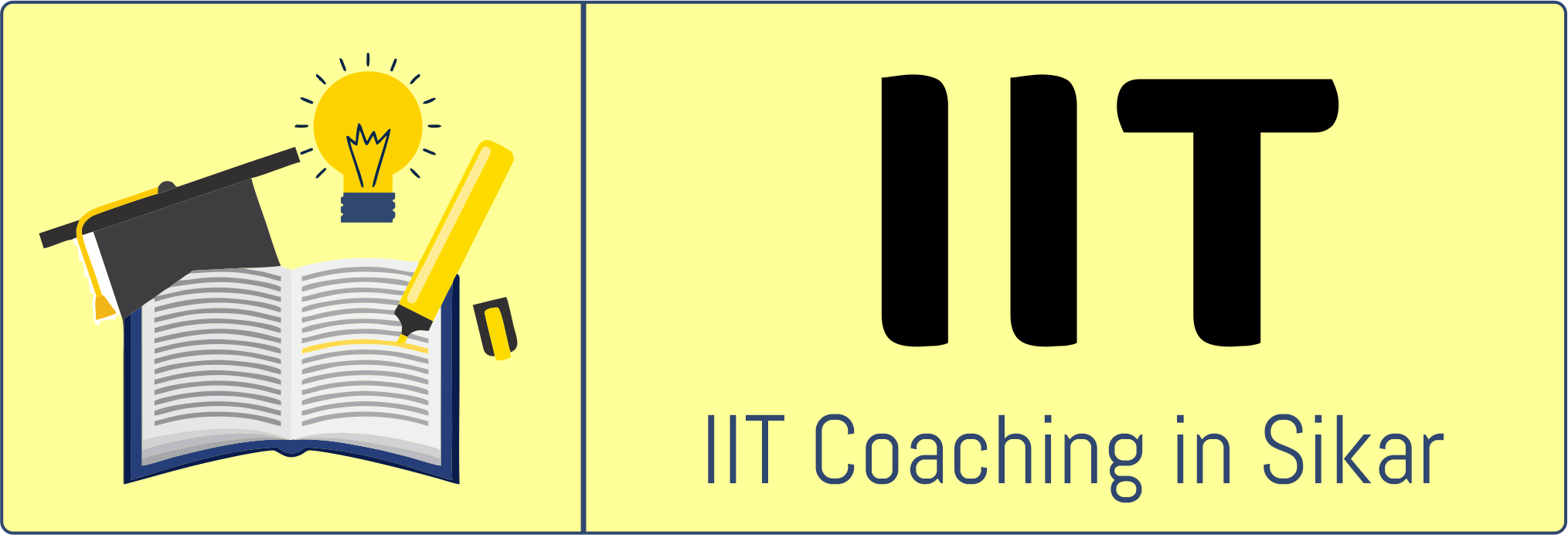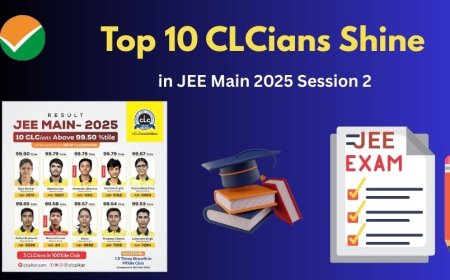JEE Main 2025 Exam Season 2 : Syllabus, Exam Pattern & Mock Tests
Get the complete JEE 2025 Exam syllabus, exam pattern, and mock tests. Prepare effectively with a detailed guide to ace the JEE exam!
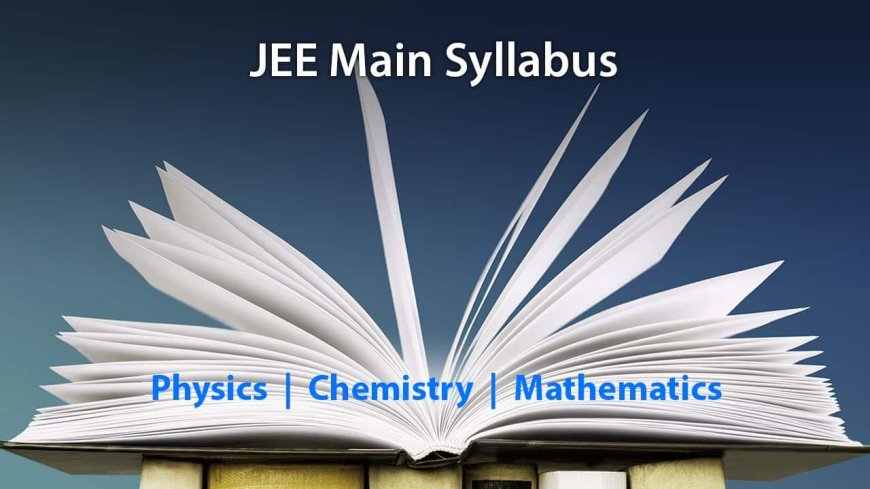
JEE 2025 Season 2 Exam Syllabus: Aspiring engineering students have to take the Joint Entrance Examination (JEE) Main 2025 because it controls admission to undergraduate engineering and technology programs. NTA organizes the examination through two testing sessions named Session 1 and Session 2.
The JEE Main 2025 Session 2 will evaluate engineering aspirants based on their understanding of Physics, Chemistry, and Mathematics subjects. Central Board of Secondary Education (CBSE) has published the syllabus that covers instruction from both Class 11 and Class 12 courses.
JEE Main 2025 Syllabus Overview
JEE Main 2025 features a curriculum organization with three fundamental subjects that include Physics and Chemistry together with Mathematics. The assessment focuses on the evaluation of theoretical as well as practical concepts through questions that test problem-solving abilities specifically. Organic Chemistry stands as the particular point of focus in the JEE Main 2025 syllabus because it is a vital subject in Chemistry.
A detailed understanding of the JEE Main 2025 syllabus serves as the foundation for an efficient preparation strategy. This analysis explains each subject in detail by chapters while giving recommendations for mock test services that improve preparation quality.
1. Physics Syllabus for JEE Main 2025
Students should recognize Physics as the foremost academic hurdle they will encounter in JEE Main 2025 Session 2. The educational content includes mechanical principles and thermodynamic theories together with electromagnetic relations. This syllabus contains various sections which follow these topics:
|
Chapters |
Topics |
|
Mechanics
Units and Measurements |
Physical quantities, dimensions of physical quantities, and units of measurement |
|
Kinematics |
Motion in a straight line, motion in a plane, projectile motion, and relative velocity. |
|
Laws of Motion |
Newton’s laws, friction, dynamics of particles, and circular motion. The subject of Work-Energy-Power examines the Work-energy theorem while exploring kinetic energy and potential energy together with power and Energy conservation. |
|
Rotational Motion |
Moment of inertia, torque, angular momentum, rotational dynamics. Gravitation. |
|
Universal Law of Gravitation |
Kepler's laws, satellite motion, and gravitational potential energy.
|
|
Properties of Matter Elasticity Surface Tension Viscosity |
Stress, strain, and modulus of elasticity.
Capillarity and applications.
Fluid motion, viscous forces, and applications. |
|
Thermodynamics |
Heat engines, entropy, and efficiency of thermodynamic processes. |
|
Electrostatics |
Electric charge, electric field, electric potential, Electric flux, application of Gauss’s law in |
|
Current Electricity |
Resistance, resistivity, and applications in circuits, Current division, potential division, and circuit analysis. |
|
Magnetism |
Magnetic Field and Magnetic Force: Biot-Savart law, Ampere's law, magnetic fields due to current. |
|
Optics |
Reflection and Refraction: Mirrors, lenses, optical instruments, and light waves.
Wave Optics: Interference, diffraction, and polarization. |
|
Dual Nature of Matter |
Photoelectric Effect: Einstein’s photoelectric equation, de Broglie hypothesis.
|
|
Electromagnetic Induction |
Faraday’s Law: Induced EMF, Lenz's law, and self-induction |
Read More: JEE Exam 2025: Exam Dates, Registration and Documents
JEE Main 2025 Chemistry Syllabus (Session 2)
|
Chapters |
Topics |
|
Physical Chemistry:
|
Atomic structure, stoichiometry, and chemical reactions. |
|
States of Matter |
Gaseous and liquid states, ideal gas laws, deviations from ideal behavior |
|
Atomic Structure |
Quantum theory, Bohr's model, and wave-particle duality. |
|
Chemical Bonding and Molecular Structure |
Types of bonding (ionic, covalent), molecular orbital theory, and VSEPR theory. |
|
Thermodynamics |
Laws of thermodynamics, Gibbs free energy, entropy. |
|
Equilibrium |
Chemical equilibrium, acid-base equilibria, Le Chatelier’s principle. |
|
Organic Chemistry
|
Nomenclature, isomerism, functional groups, and organic reactions. |
|
Hydrocarbons |
Alkanes, alkenes, alkynes, aromatic compounds, and their reactions. |
|
Alcohols, Phenols, and Ethers |
Preparation methods, Properties, and reactions. |
|
Aldehydes, Ketones, and Carboxylic Acids |
Preparation, properties, and reactions of aldehydes and ketones. |
|
Organic Compounds Containing Nitrogen |
Amines, cyanides, and their reactions. |
|
Polymers |
Types of polymers, polymerization techniques, and applications. |
|
Biomolecule |
Carbohydrates, proteins, vitamins, enzymes, and nucleic acids. |
|
Chemistry in Everyday Life |
Drugs, detergents, and food additives. |
|
Inorganic Chemistry
|
Alkali and alkaline earth metals, their compounds, and properties. |
|
Group 13 to 18 elements, their compounds, and properties. |
|
Transition metals, their properties, and reactions. |
|
Ligands, coordination number, bonding in coordination compounds. |
JEE Main 2025 Mathematics Syllabus
|
Chapters |
Topics |
|
Algebra
|
Basic set operations, types of functions, and relations. |
|
Properties of complex numbers, their representation, and operations. |
|
Properties of matrices, determinants, and Cramer’s rule. |
|
Permutations and Combinations: |
Factorial notation, permutations, combinations, and binomial expansions. |
|
Sequences and Series |
Arithmetic progression, geometric progression, and sum of series. |
|
Calculus
|
Limits of functions, continuity, and differentiability. |
|
Derivatives of algebraic functions, chain rule, product, and quotient rules. |
|
Definite and indefinite integrals, techniques of integration, area under curves. |
|
First-order differential equations, linear differential equations. |
|
Equations of straight lines, slope, distance between two points. |
|
Parabola, ellipse, hyperbola, and their equations. |
|
Identities, inverse trigonometric functions, and their applications. |
|
The angle of elevation and depression, problems related to heights and distances. |
|
Vectors
|
Addition, scalar product, vector product, and applications. |
|
Probability and Statistics |
Probability Basic concepts, conditional probability, Bayes’ theorem.
Statistics: Mean, median, mode, measures of dispersion, and correlation. |
Read More: Best Coaching for JEE Mains in India with Fees Structure
The JEE Main 2025 exam requires students to engage with the Mock Test Series.
Practicing consistently stands as the key requirement for success in JEE Main 2025 Season 2. You can use mock test series as an evaluation tool to understand your skills so you can improve your time management while developing competency for the official exam conditions.
Several platforms provide exceptional JEE Main 2025 Mock Test Series to students.
- Clc Sikar: Provides a best Mock test series that specifically targets IIT-JEE students The testing platforms were developed with the specific goal of enhancing knowledge acquisition and increasing readiness for exams.
- Vedantu: Presents free mock tests together with previous years’ papers and analytical tools.
- BYJU's: Platform delivers detailed solution sets along with its complete mock test series.
- Aakash: The mock tests and previous year's question papers of JEE Main 2025 are available through Aakash Institute.
- Career360: Delivers their mock tests free of charge along with detailed personal evaluation services.
JEE Main 2025 Exam Pattern
JEE Main 2025 contains an exam format that tests students through knowledge verification and logical thinking as well as problem-solving capabilities. Students need to complete two papers throughout the examination process.
The JEE Exam 2025 Season 2 Main functions as a gateway for students who wish to enter B.Arch/B.Planning programs. The exam contains sections which include Mathematics, Aptitude as well as Drawing content.
- It consists of a combination of pen-and-paper and computer-based formats.
- Each subject has thirty questions making up a total of ninety examination questions.
- The exam includes Multiple Choice Questions (MCQs) together with Numerical Value Type questions in its format.
- Duration: 3 hours.
Conclusion
Students should focus their preparation on the complete set of subjects and chapters from the JEE Main 2025 Session 2 curriculum to succeed in their engineering studies. Students who understand their curriculum and focus on important subjects will achieve the best possible outcomes in their examinations.
Students need to regularly use mock test series to develop their exam readiness. Platforms like CLC Sikar, Vedantu, BYJU, and others offer excellent resources for practice and assessment.
What's Your Reaction?







